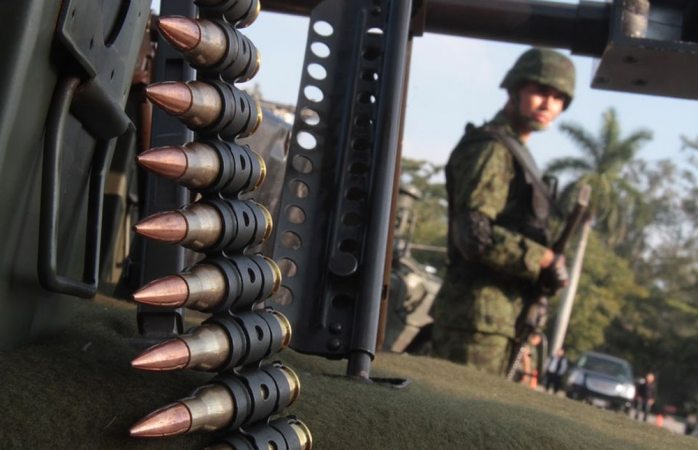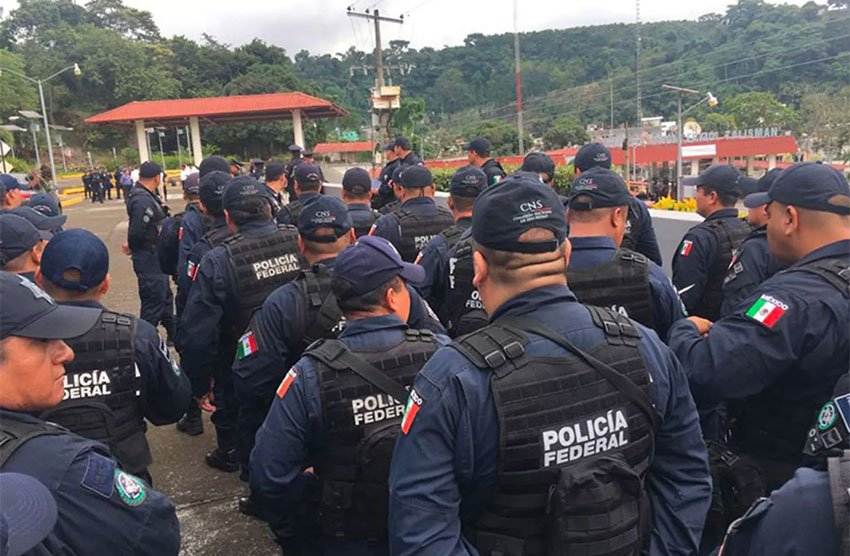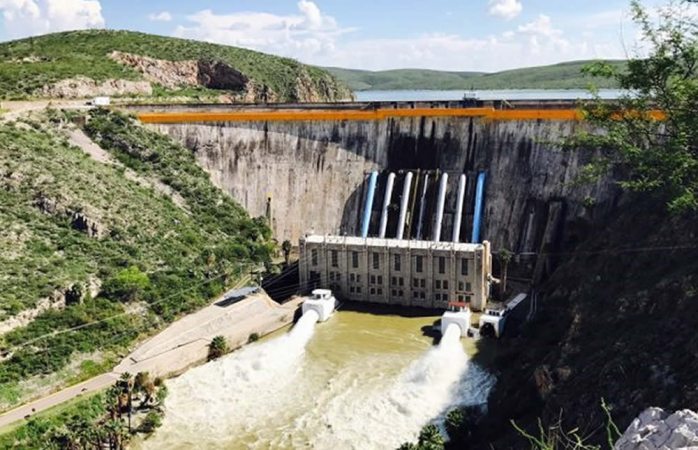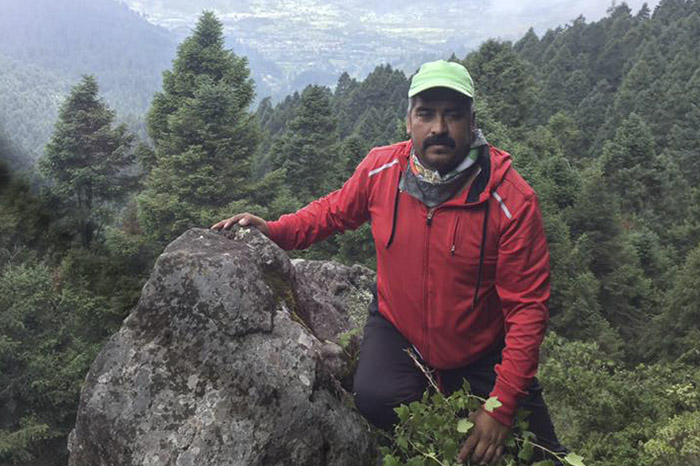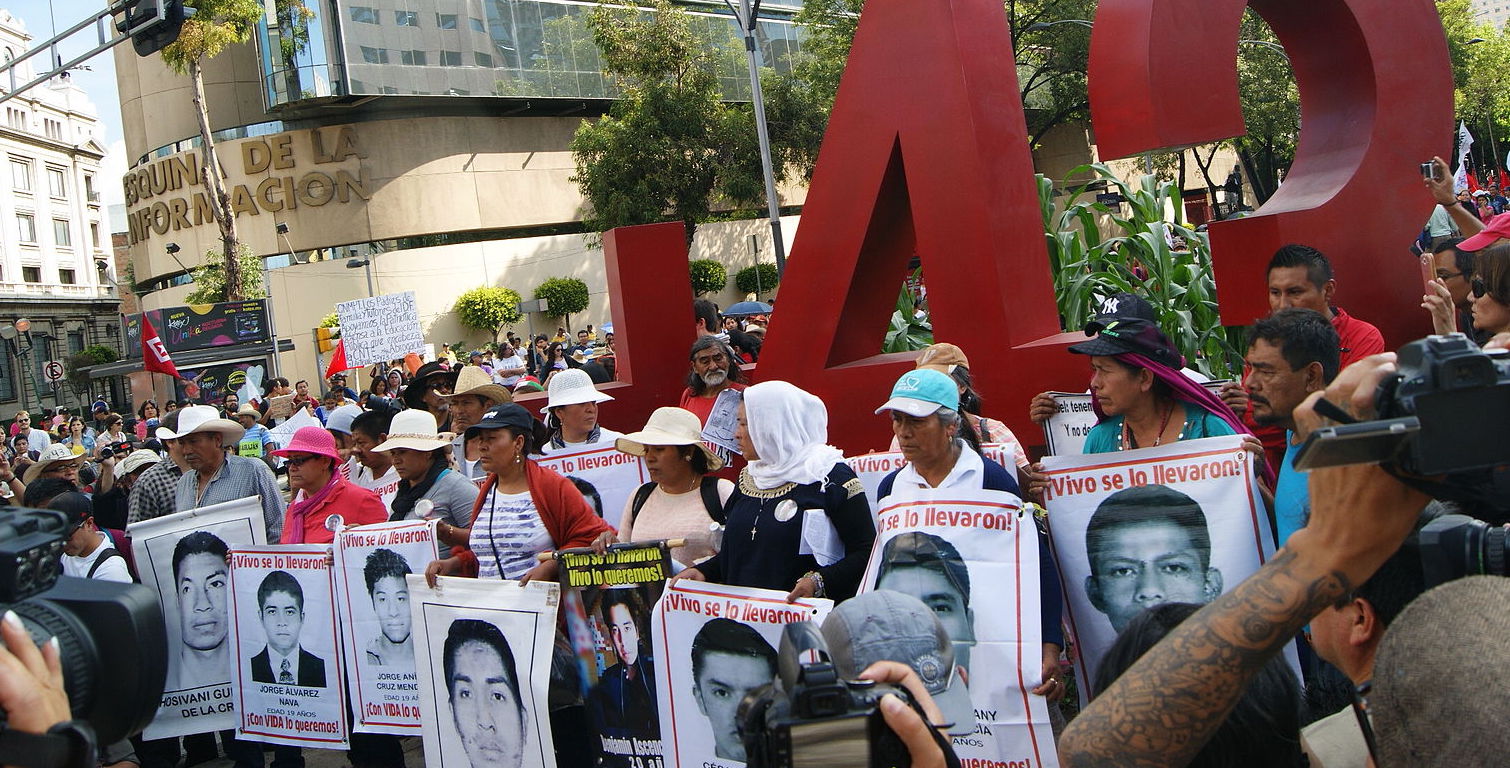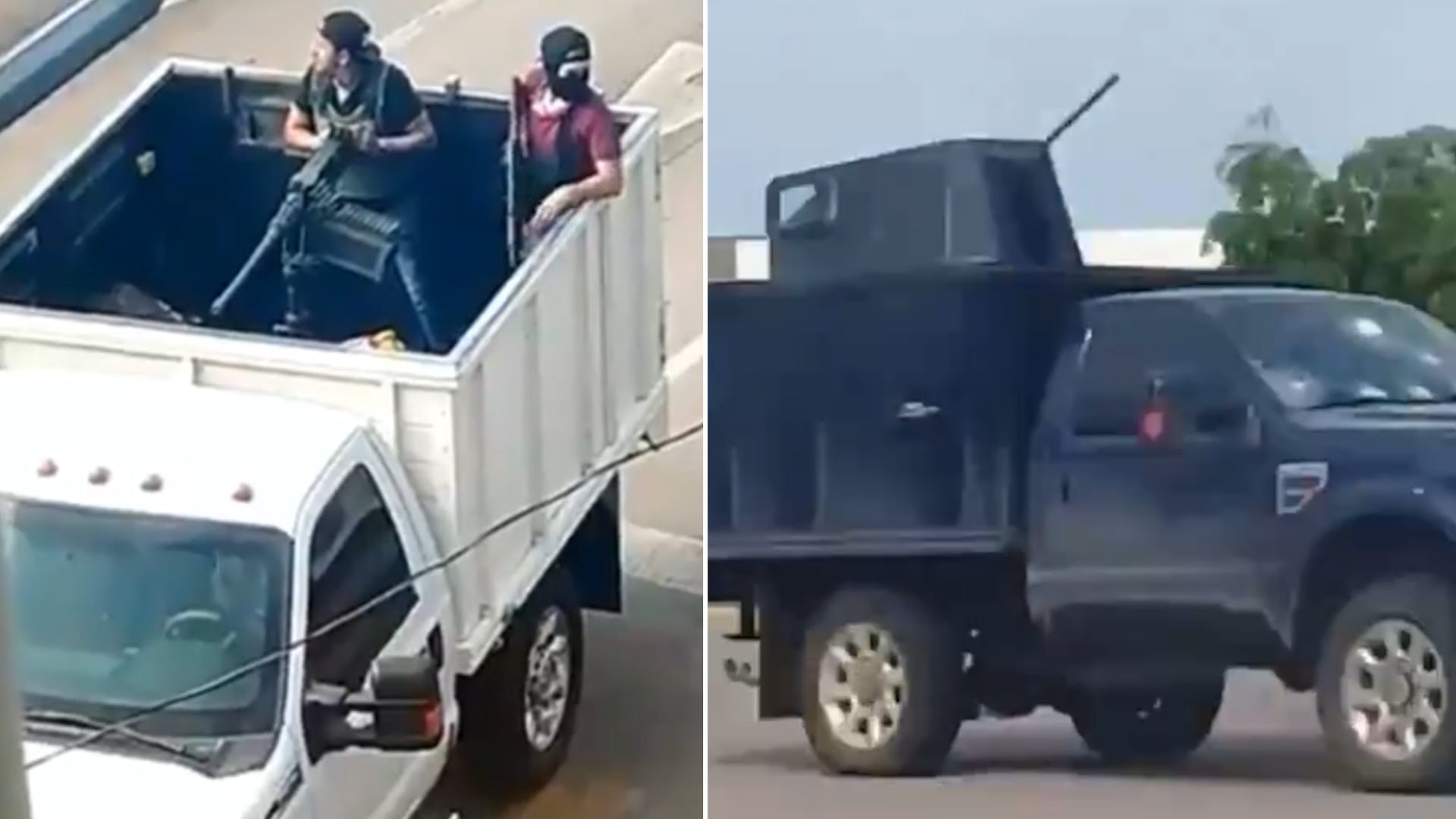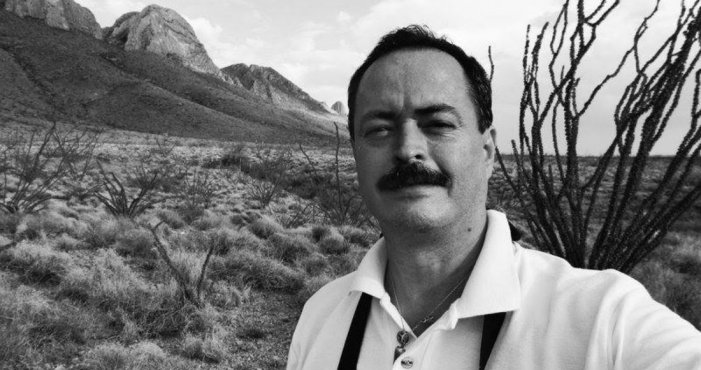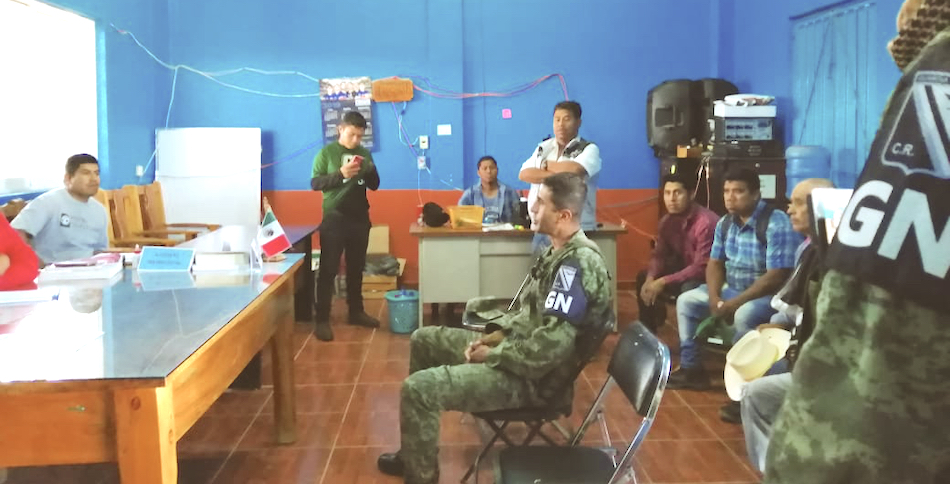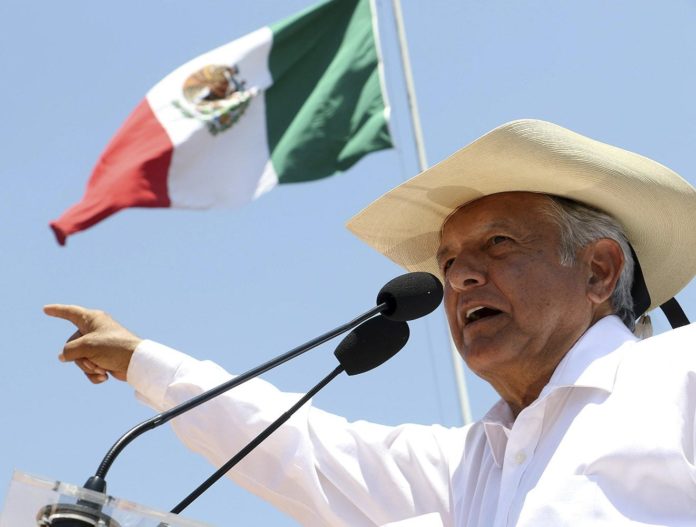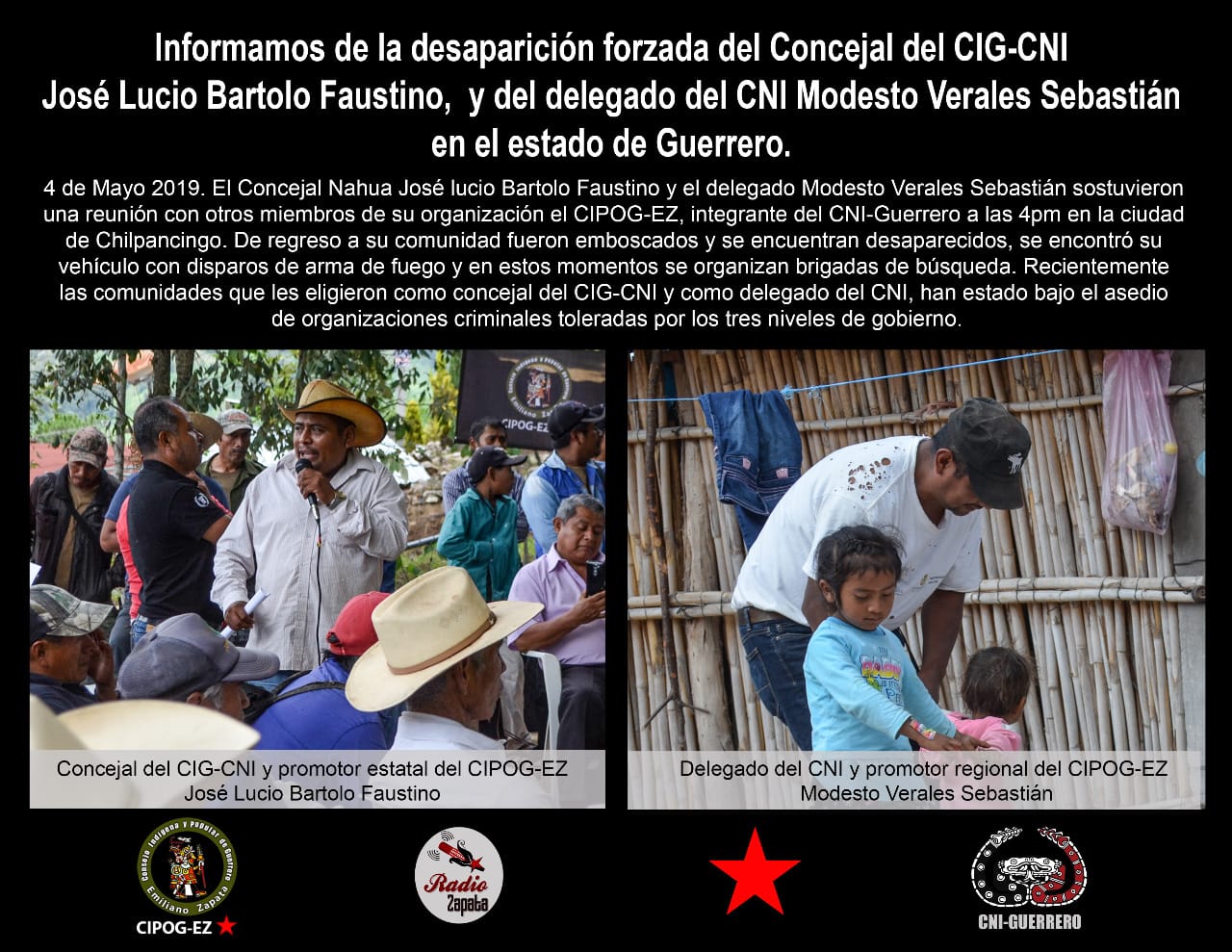Mexico
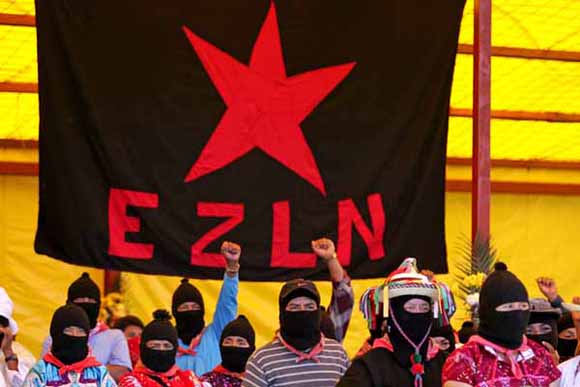
In a communiqué entitled “And We Break the Siege,” signed by Insurgent Subcomandander Moisès, the Zapatista Army of National Liberation (EZLN) in Mexico’s southern state of Chiapas ammounced an expansion of their zone of autonomous self-governing territory. The statement said the EZLN has created seven new “Caracoles” (regional self-governing bodies) and four new Zapatistas Rebel Autonomous Municipalities (MAREZ). These 11 new bodies add to the five Caracoles and 27 MAREZ already in existence, bringing to 43 the number of self-governing territories within the Zapatista autonomous zone. The new rebel entities are within the “official” municipalities of Ocosingo, San Cristóbal de las Casas, Chilón. Tila, Amatenango del Valle, Motozintla and Chicomuselo. The Zapatistas have named their new campaign of expanding their territory in Chiapas “Samir Flores Soberanes,” after the indigenous leader who was assassinated in Morelos state this year. (Photo via Solidarity)
